公司新聞
冷再生機(jī)具有哪些施工方式?
來(lái)源:http://www.beianedu.cn/ 日期:2022-03-09
根據(jù)道路的原有結(jié)構(gòu),冷再生機(jī)的施工方案也不同,今天就給大家介紹一下:
According to the original structure of the road, the construction scheme of the cold regenerator is also different. Let's introduce it to you today:
在利用水泥進(jìn)行就地冷再生時(shí),外加料主要是水泥,水泥的通常用量按重量計(jì)在2%-5%之間比較合適。如果水泥的用量過(guò)多,容易使再生層變脆。為了獲得良好的壓實(shí)效果,同時(shí)還要加入適量的水。水
When using cement for in-situ cold regeneration, the additive is mainly cement, and the usual dosage of cement is between 2% - 5% by weight. If the amount of cement is too much, it is easy to make the recycled layer brittle. In order to obtain good compaction effect, an appropriate amount of water should be added at the same time. water
泥的加入方法有兩種!一種是利用人工或?qū)S脵C(jī)械將水泥預(yù)先撒布在需要再生的路面上。這時(shí)水的加入方法,是通過(guò)再生機(jī)上所配備的微機(jī)控制系統(tǒng)從跟班作業(yè)的運(yùn)水車內(nèi)輸送到再生機(jī)的拌和倉(cāng)中。
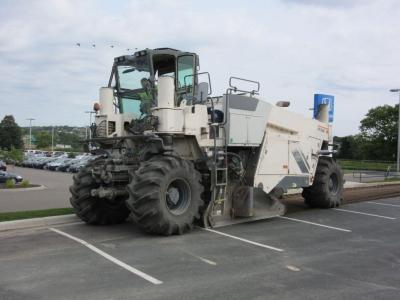

There are two ways to add mud! One is to use manual or special machinery to pre distribute cement on the road surface that needs regeneration. At this time, the water is added through the microcomputer control system equipped on the regenerator, which is transported from the water truck of the attendant to the mixing bin of the regenerator.
另一種方法是采用水泥稀漿攪拌輸送車,將需要添加的水泥和水?dāng)嚢璩伤嘞{,再通過(guò)再生機(jī)上的控制系統(tǒng)將其輸送到再生機(jī)的拌和倉(cāng)中。
Another method is to use the cement slurry mixing truck to mix the cement and water to be added into cement slurry, and then transport it to the mixing bin of the regenerator through the control system on the regenerator.
上述兩種加入方法各有利弊,預(yù)撒水泥法工藝簡(jiǎn)單, 但在施工過(guò)程中容易產(chǎn)生灰塵,不過(guò)這種方法有一個(gè)很大的優(yōu)點(diǎn),就是在控制用量方面非常方便。
The above two addition methods have their own advantages and disadvantages. The pre cement method is simple, but it is easy to produce dust in the construction process. However, this method has a great advantage, which is very convenient in controlling the dosage.
因?yàn)樵谑┕ぶ?ldquo; 再生機(jī)要分幾個(gè)工作行程才能完成一個(gè)作業(yè)段內(nèi)整幅路面的銑刨,而再生層的碾壓要等到整個(gè)作業(yè)段全部施工工序完成之后才能進(jìn)行
Because in the construction, the "recycling machine" can complete the milling of the whole pavement in an operation section only by dividing into several working strokes, and the rolling of the recycling layer can only be carried out after the completion of all construction processes in the whole operation section
這就形成先銑刨的路面和后銑刨的路面到碾壓時(shí)所等待的時(shí)間間隔相差很多,在較熱或較干燥的氣候里,隨著時(shí)間的拖延,先銑刨的路面水分蒸發(fā)得較多,而后銑刨的路面水分蒸發(fā)得較少。
This results in a great difference in the waiting time interval between the first milled pavement and the later milled pavement to rolling. In a hot or dry climate, with the delay of time, the water evaporation of the first milled pavement is more, and the water evaporation of the later milled pavement is less.


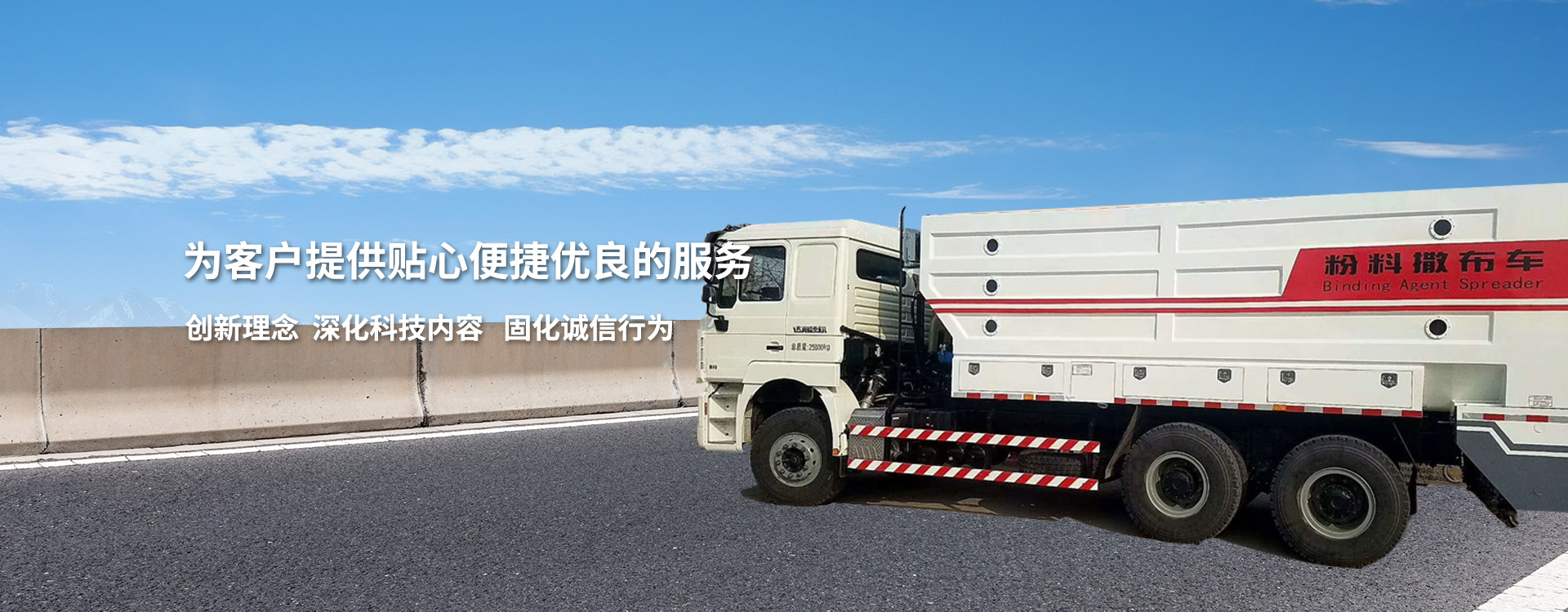
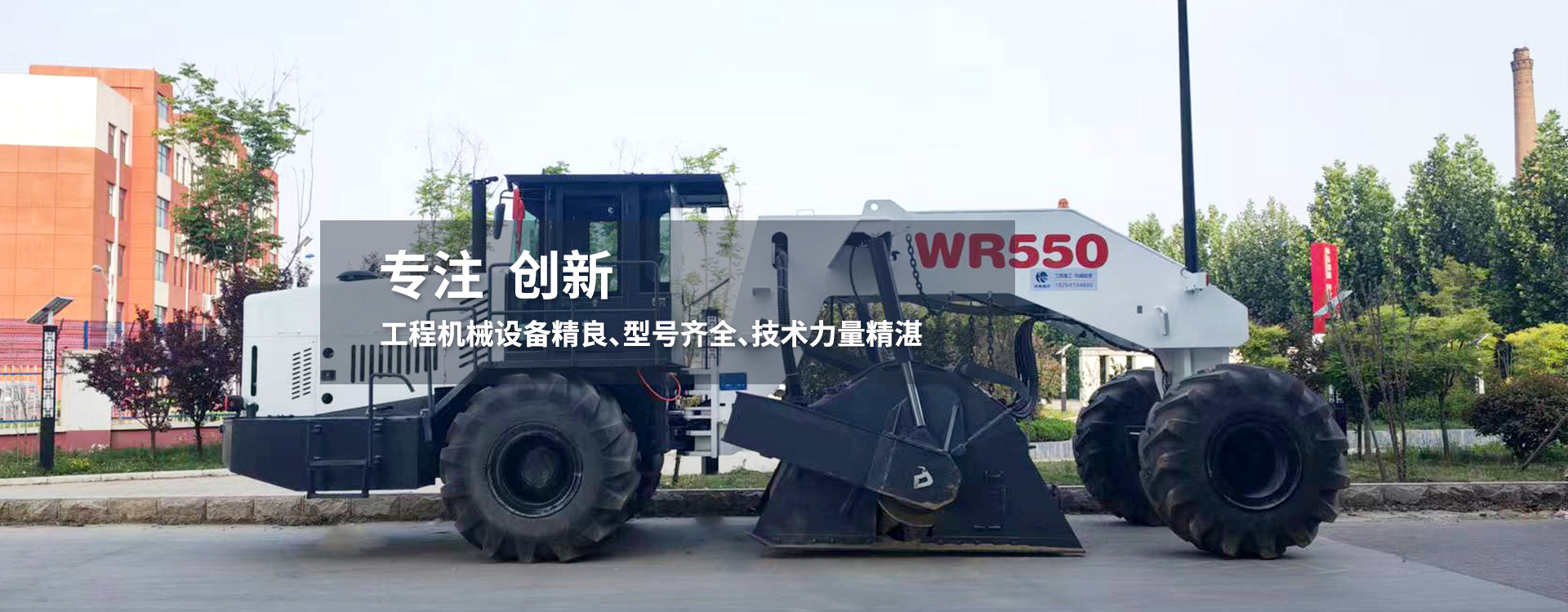
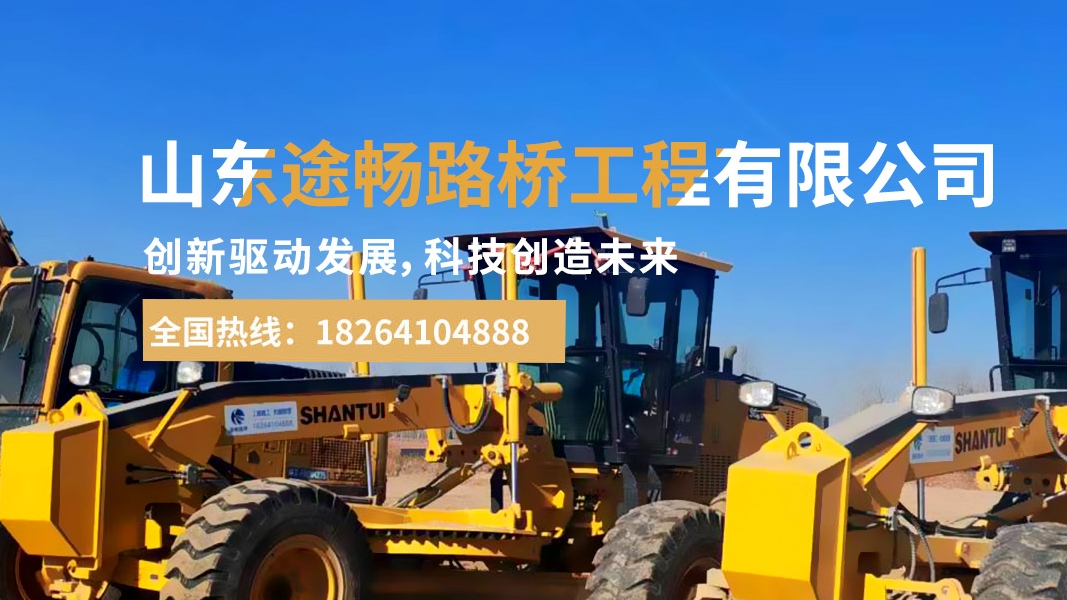
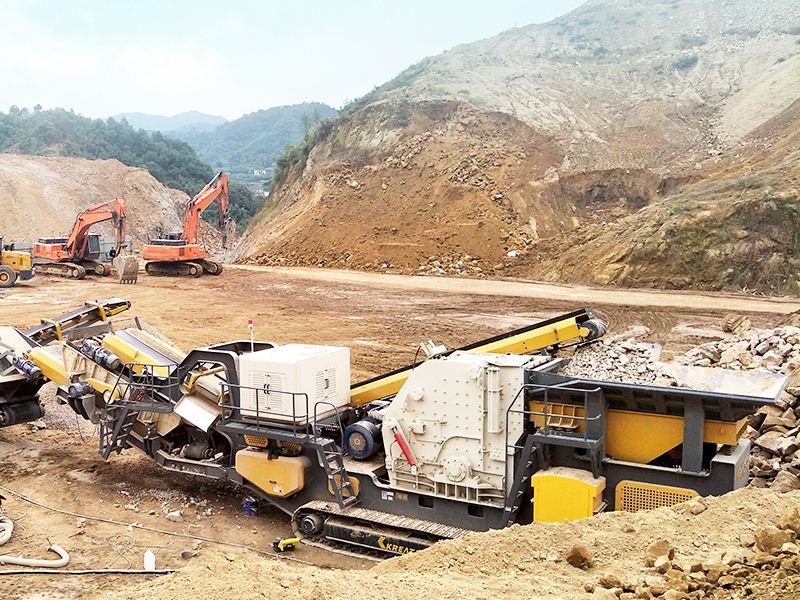
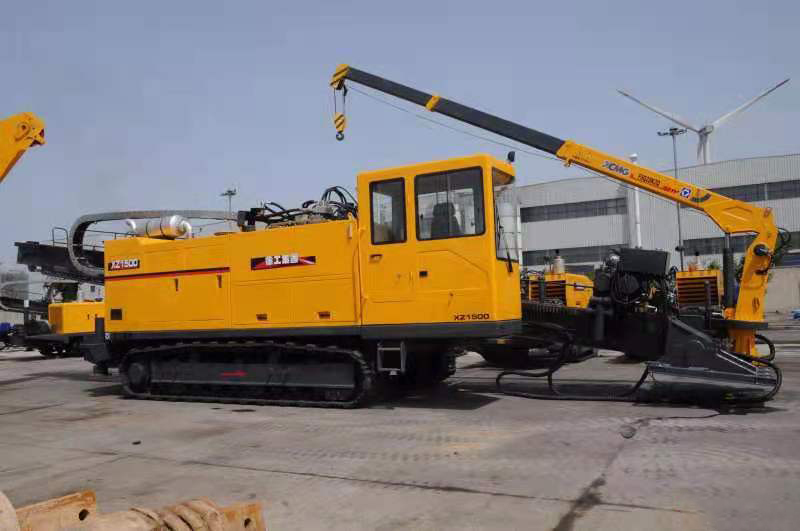
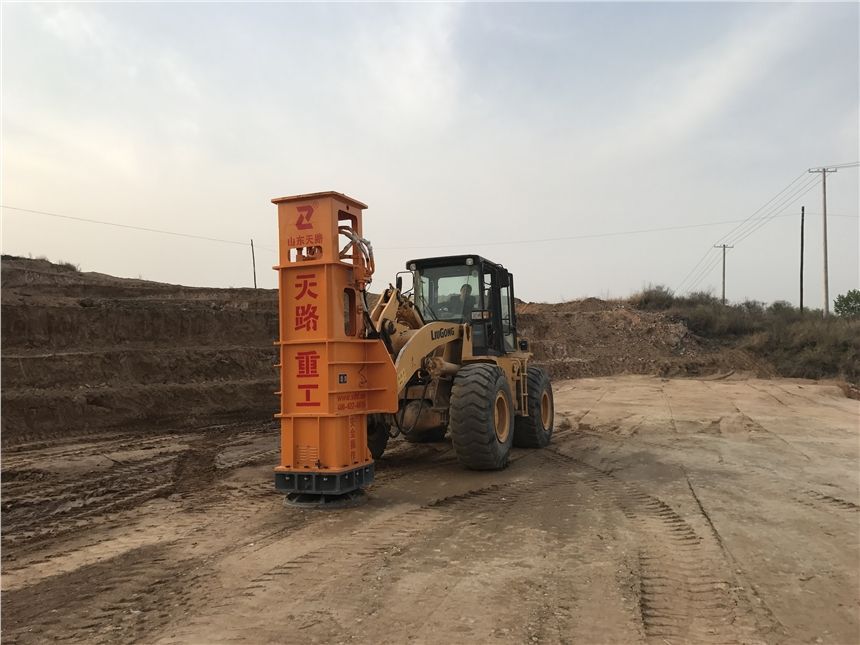
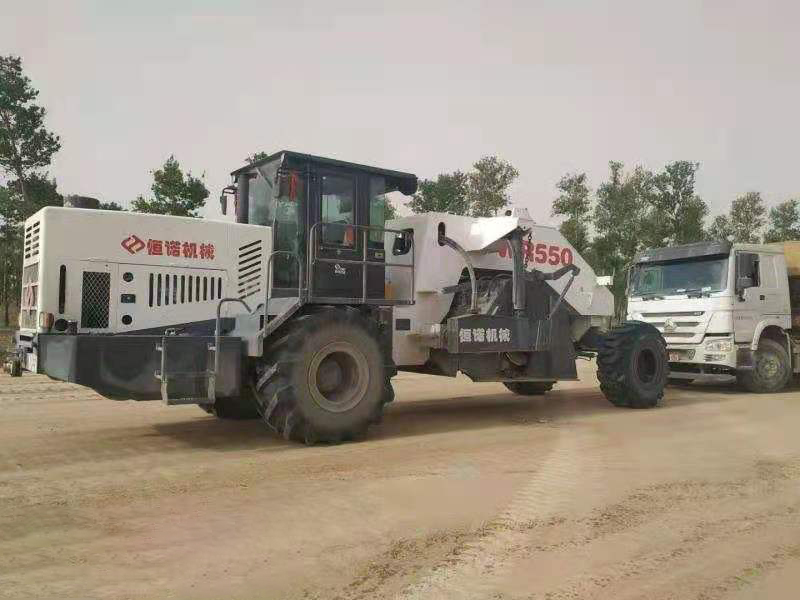
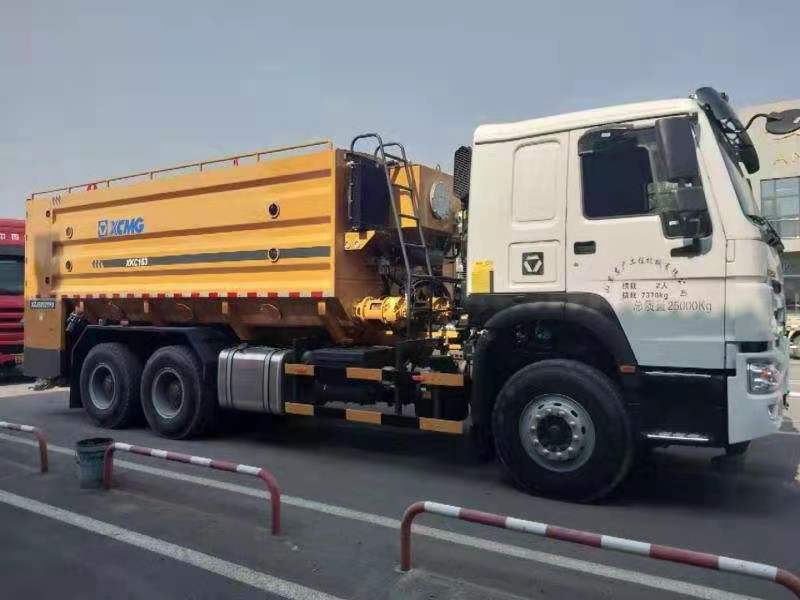
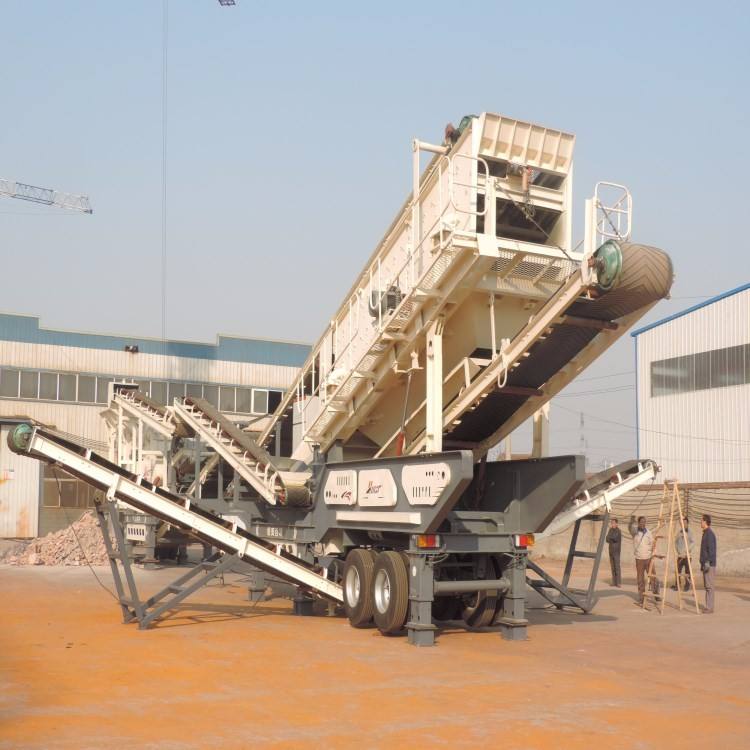
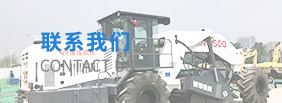
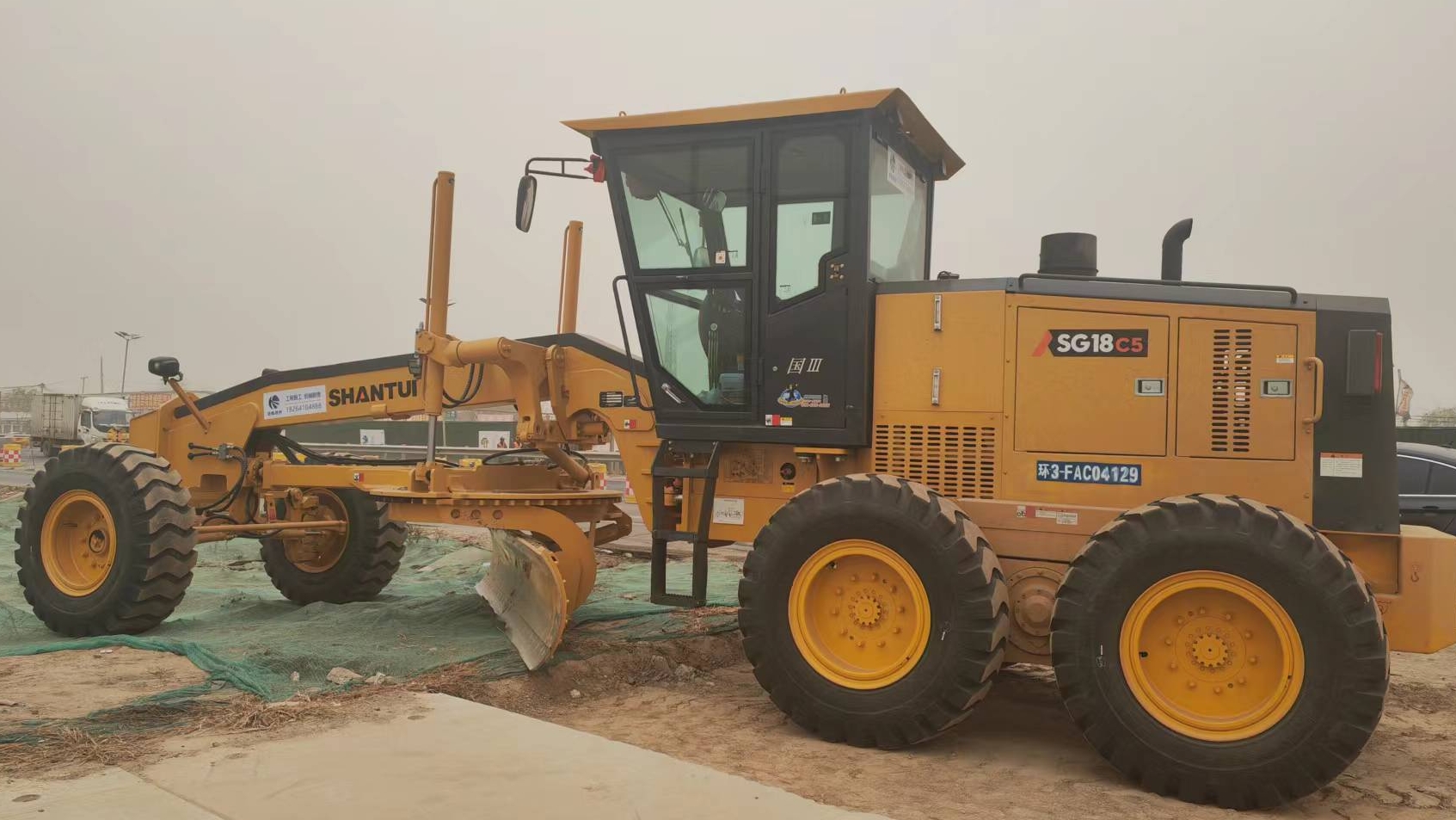
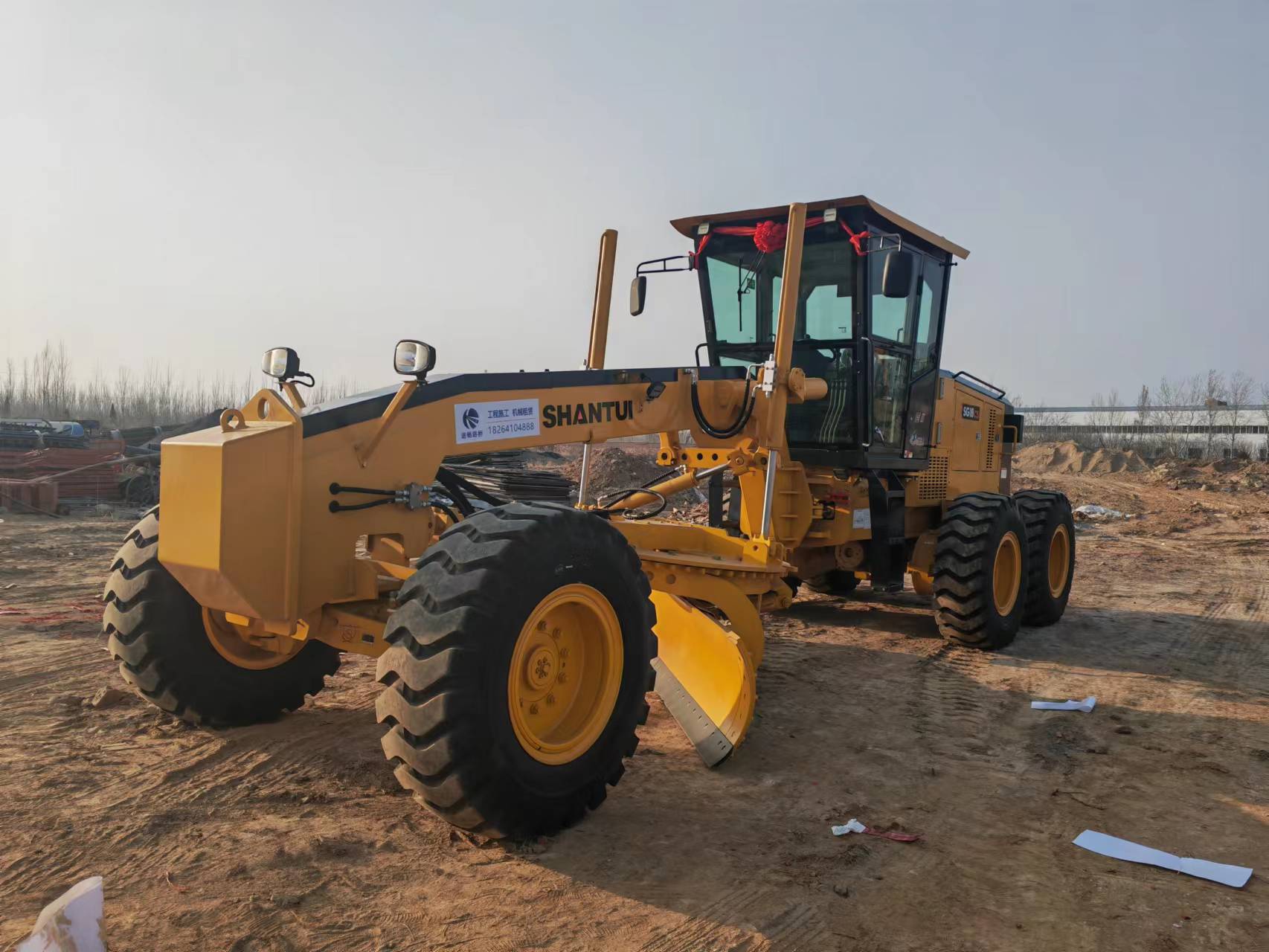
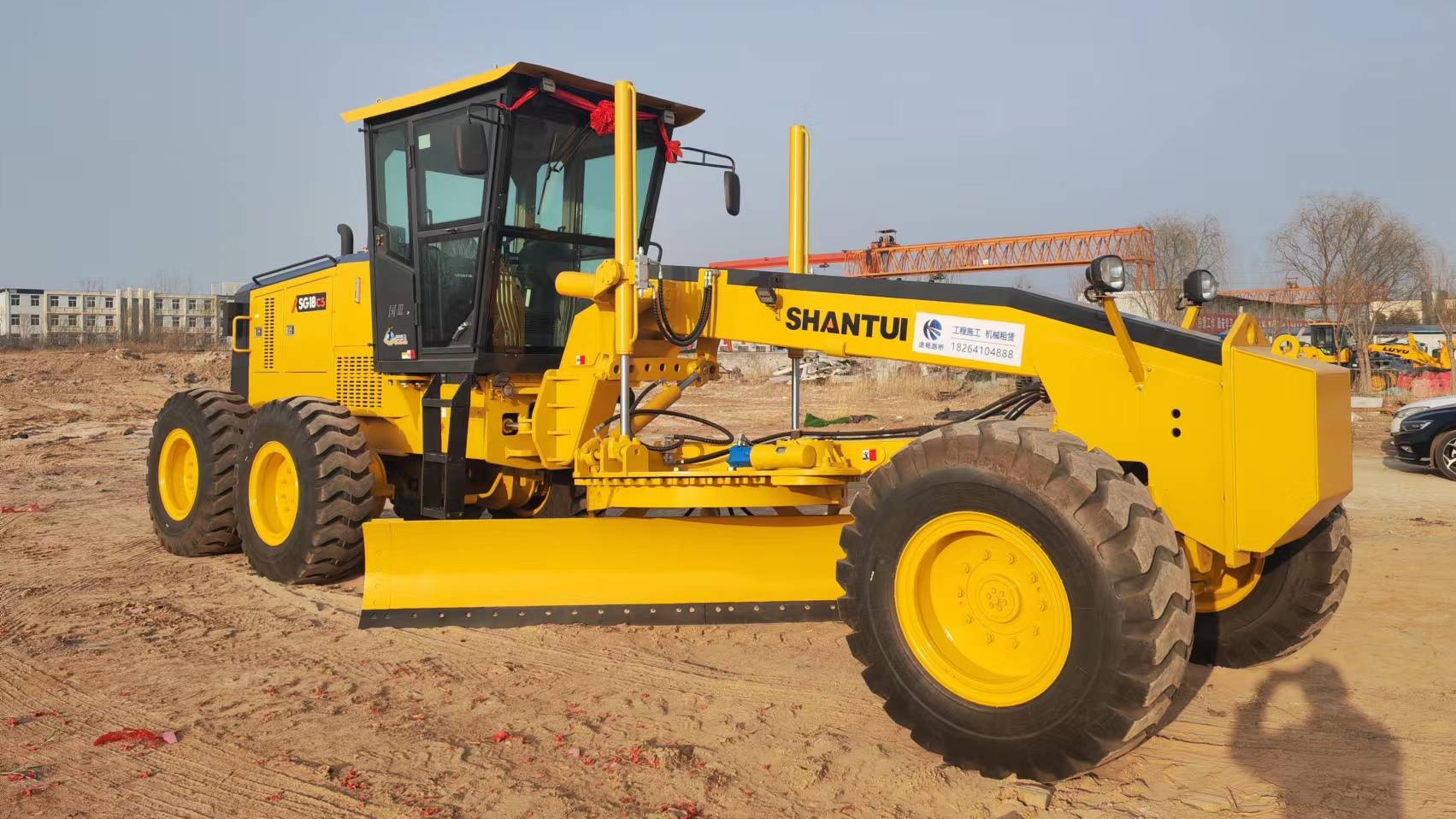
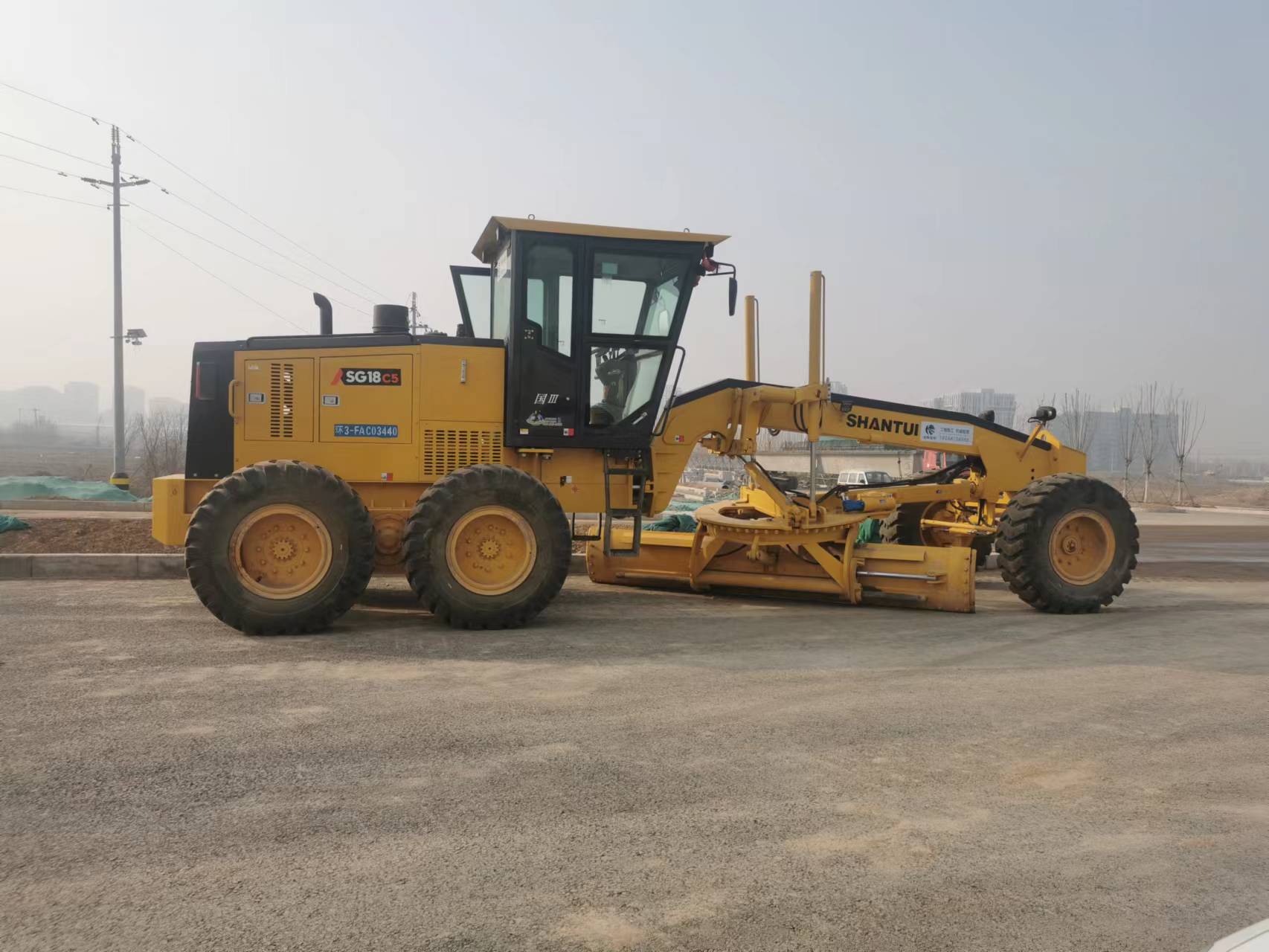
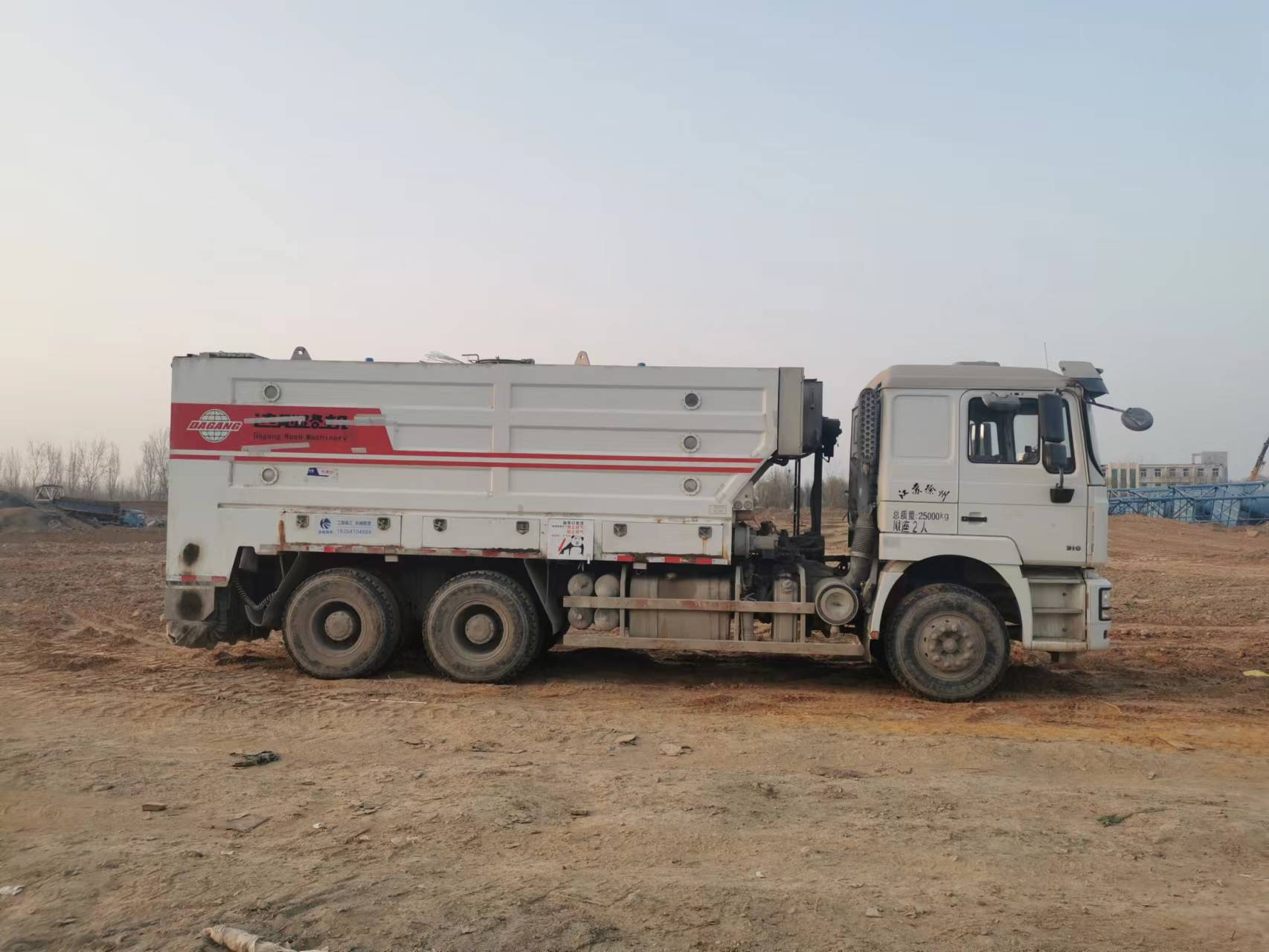
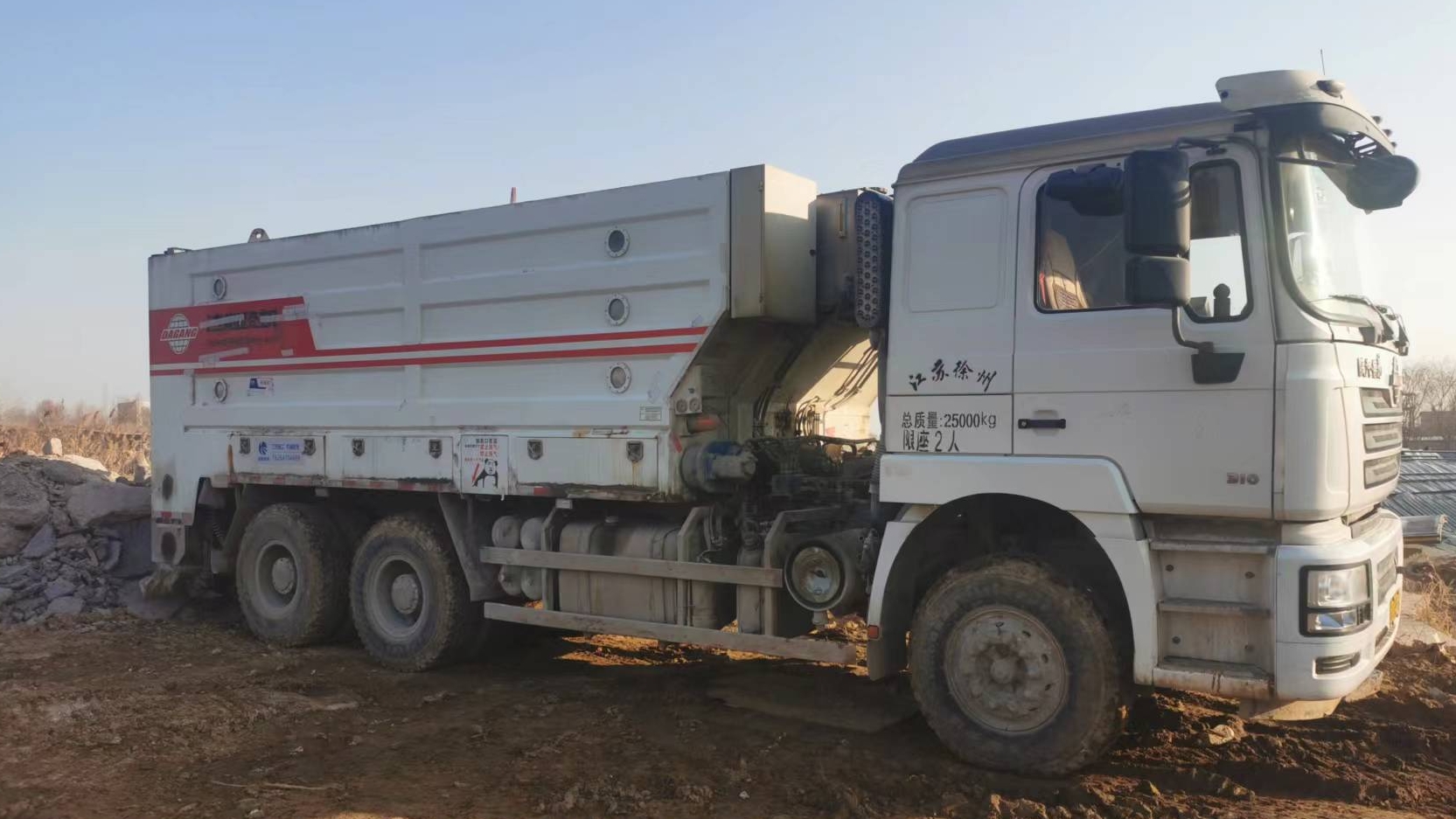
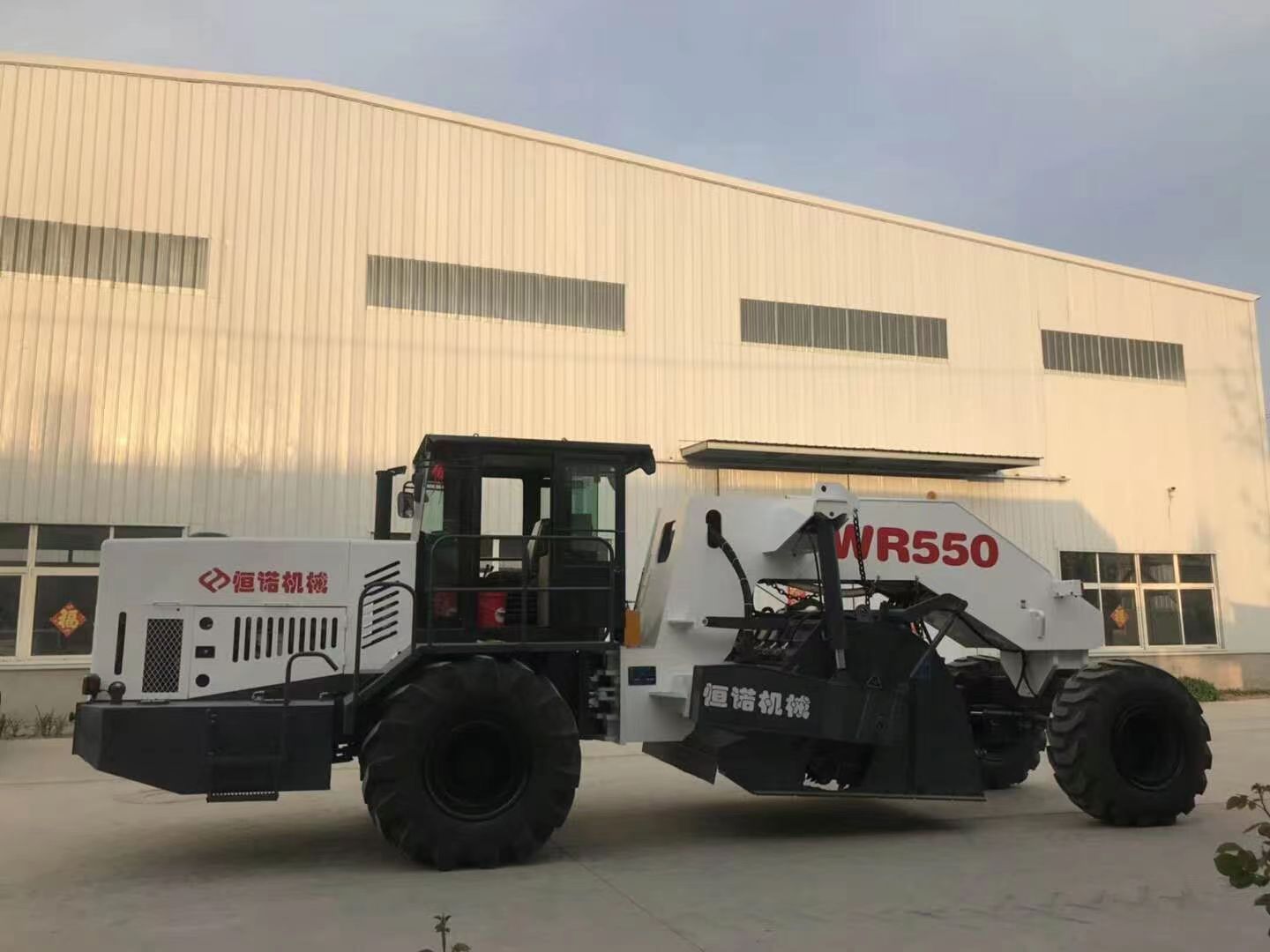
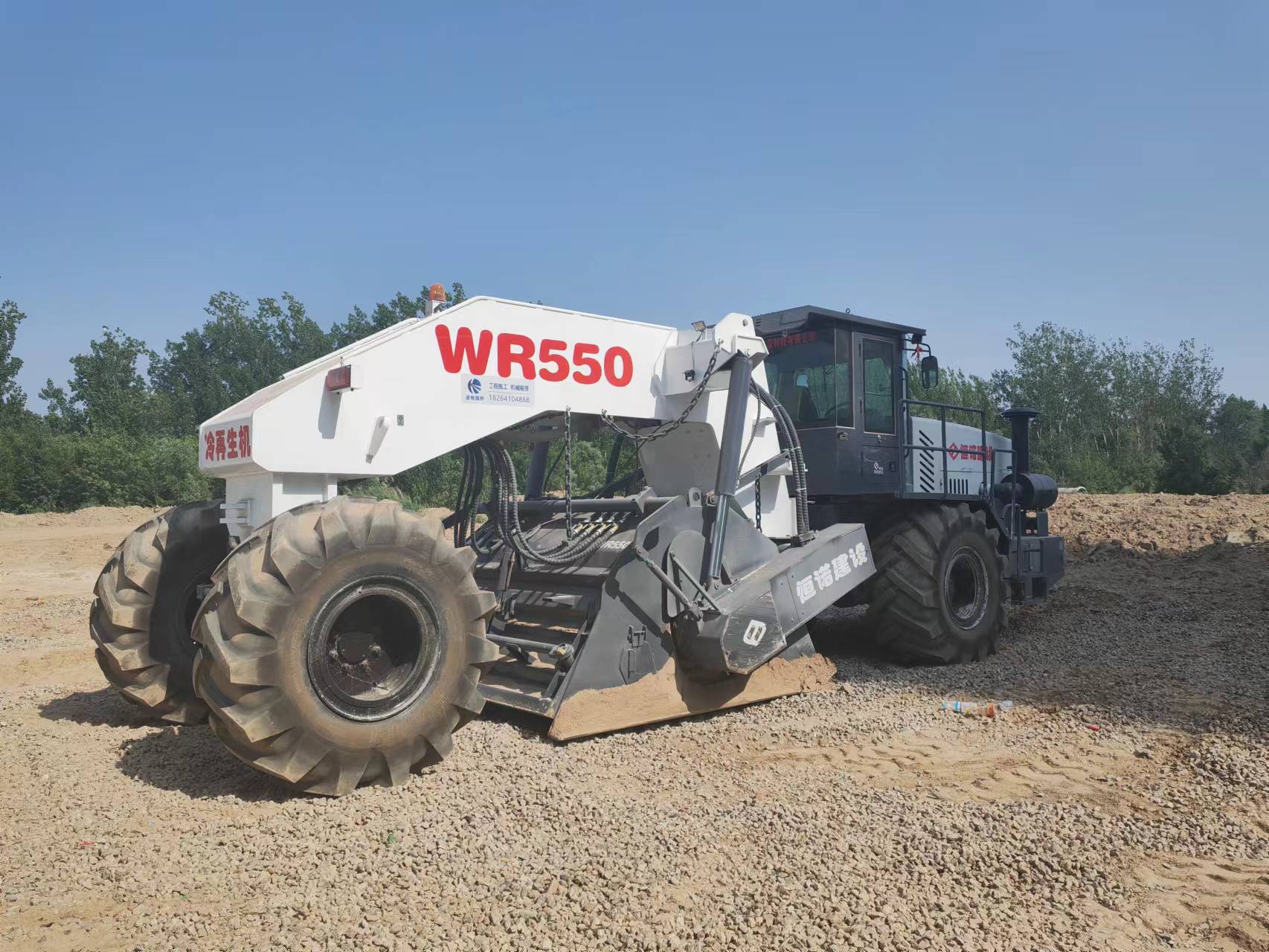
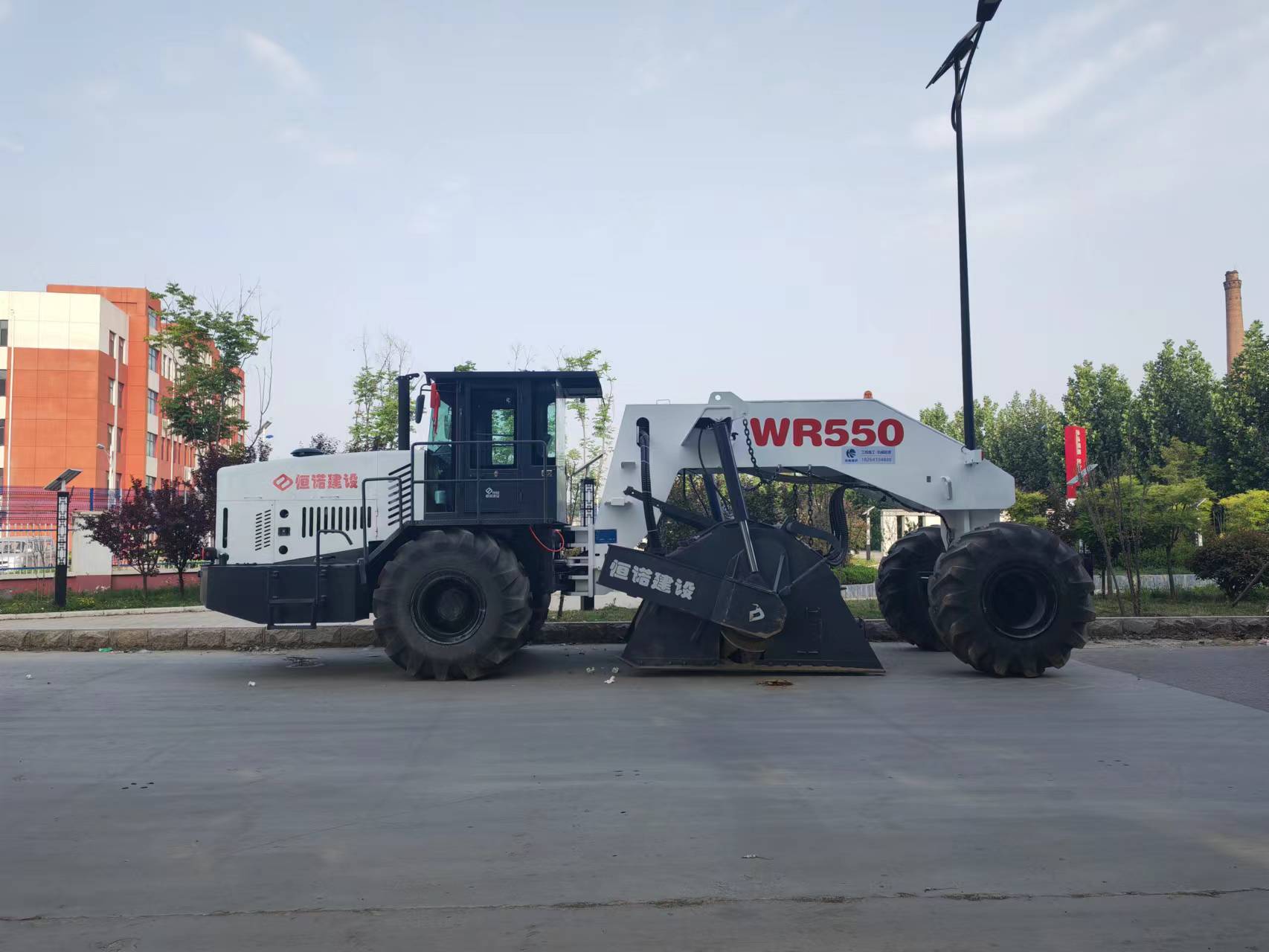
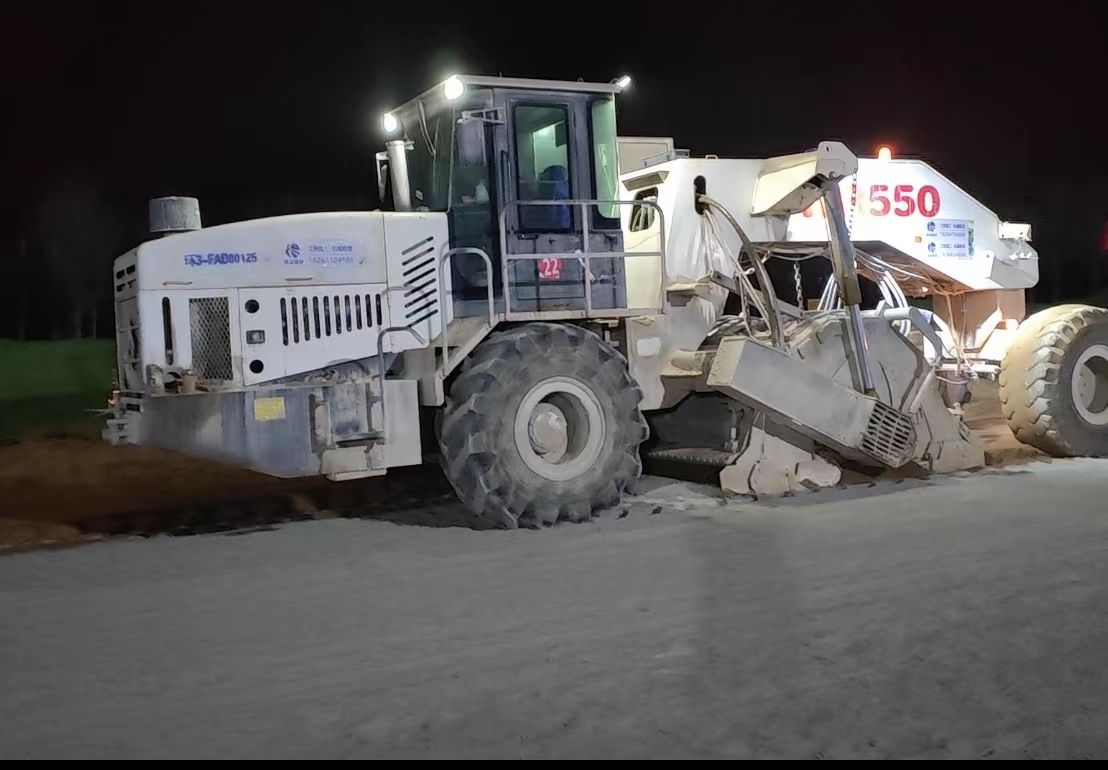
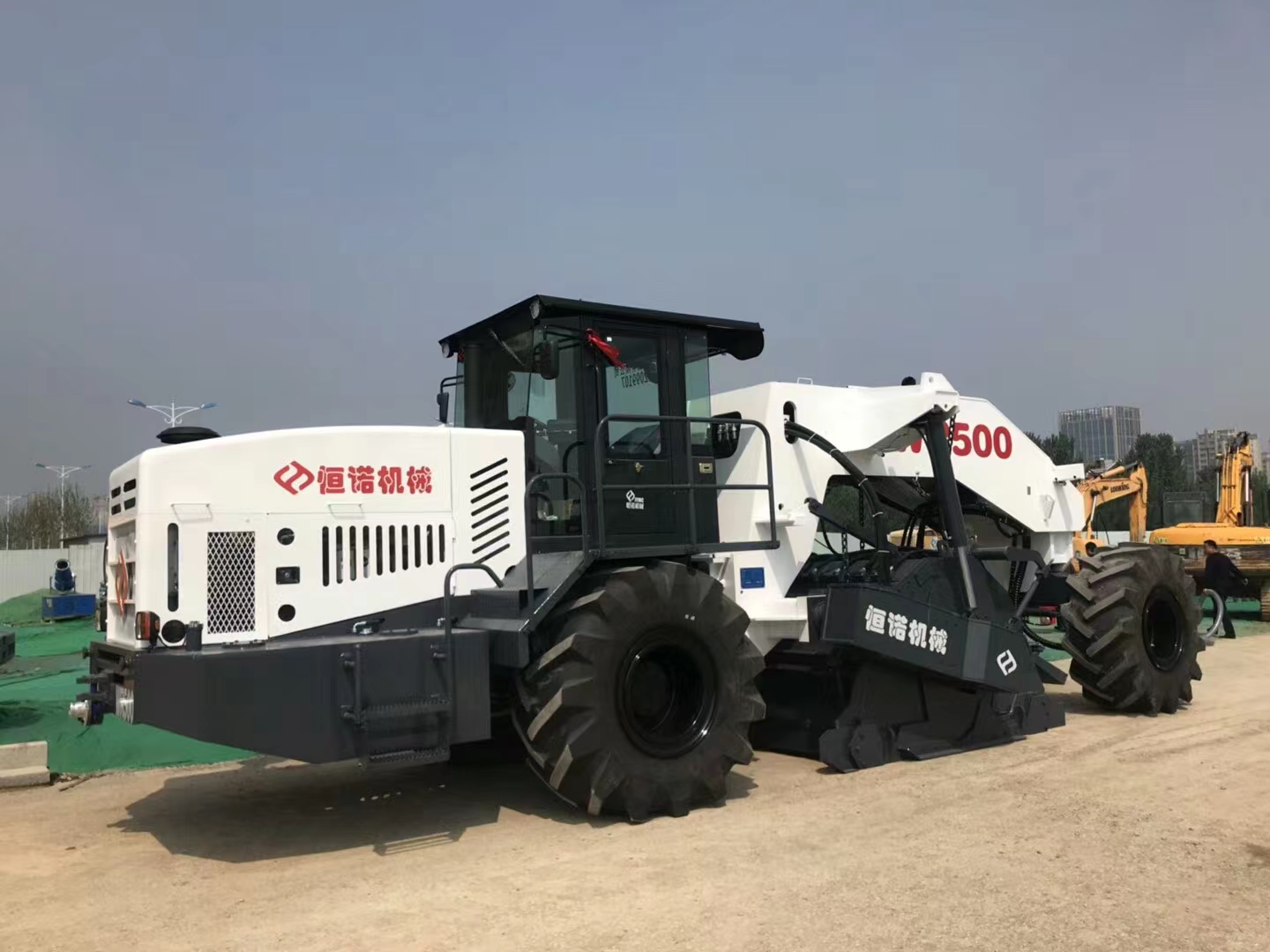
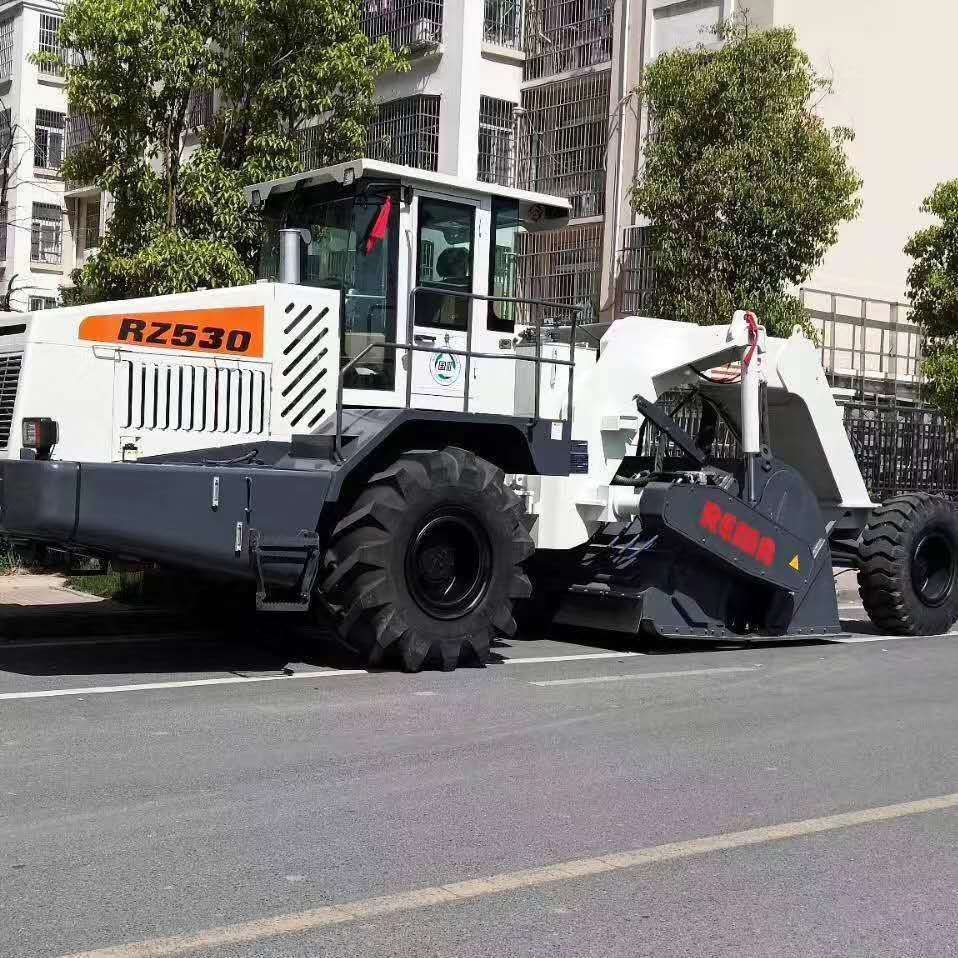
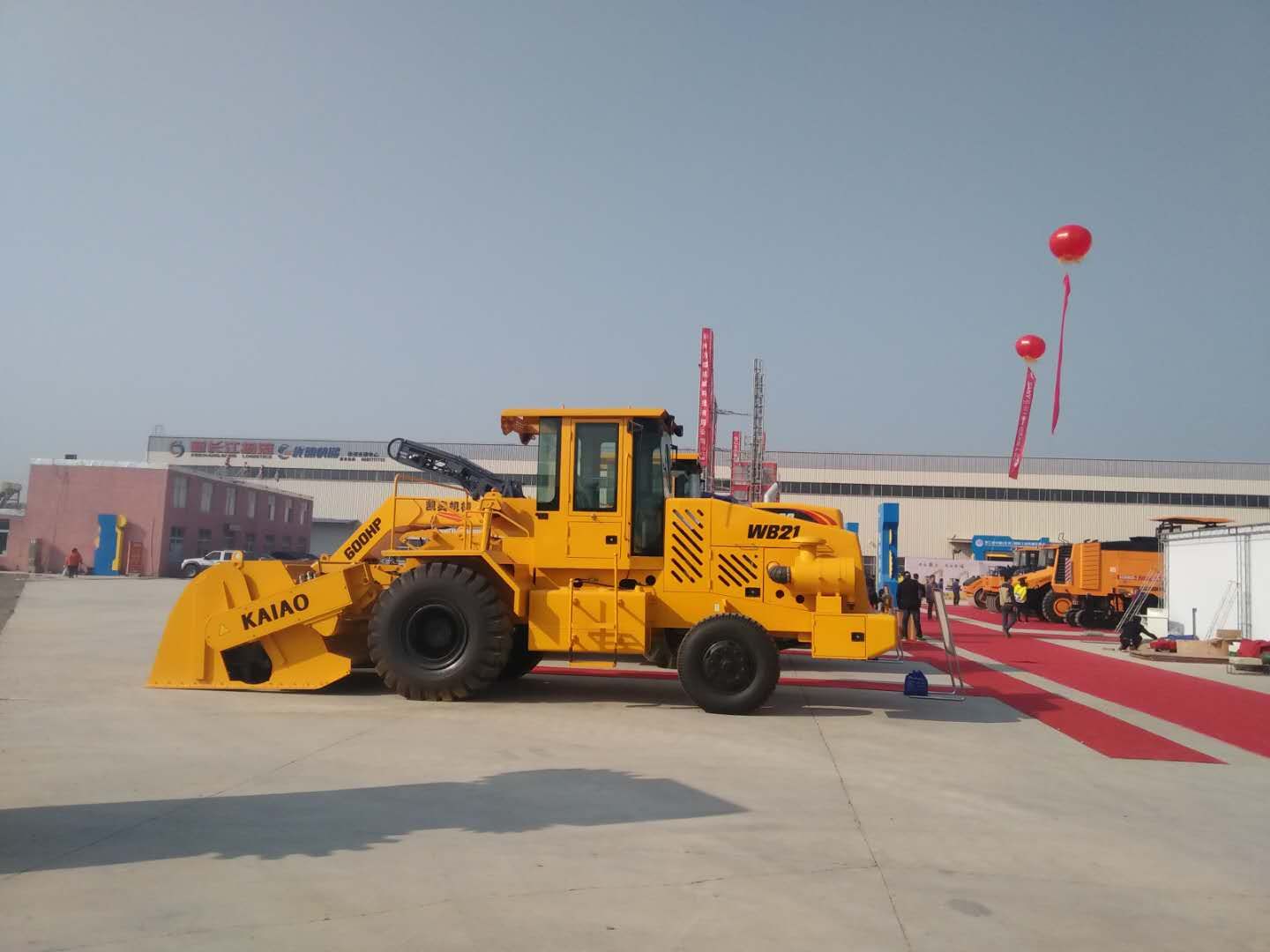
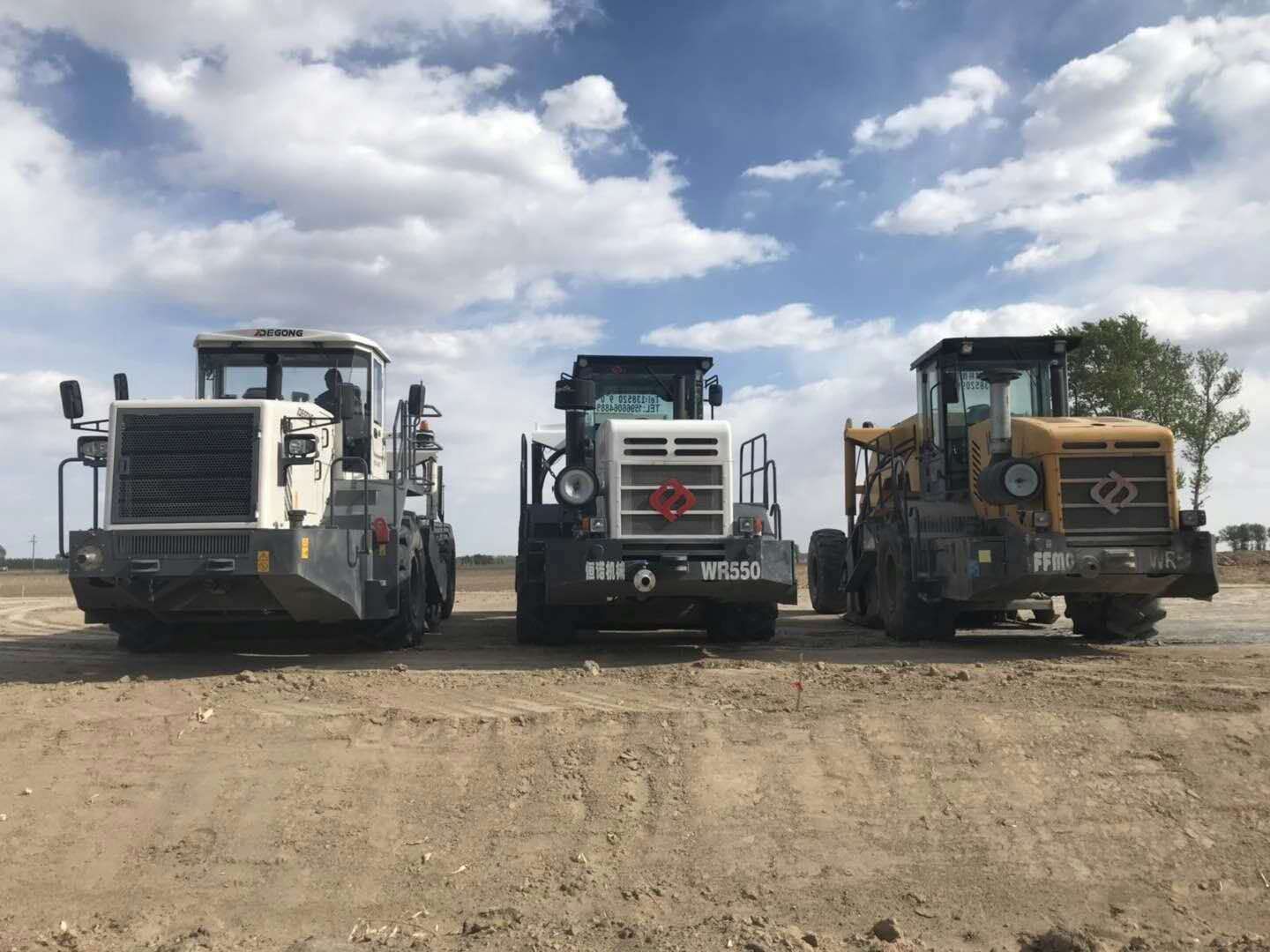
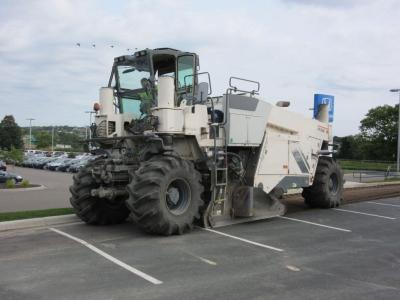
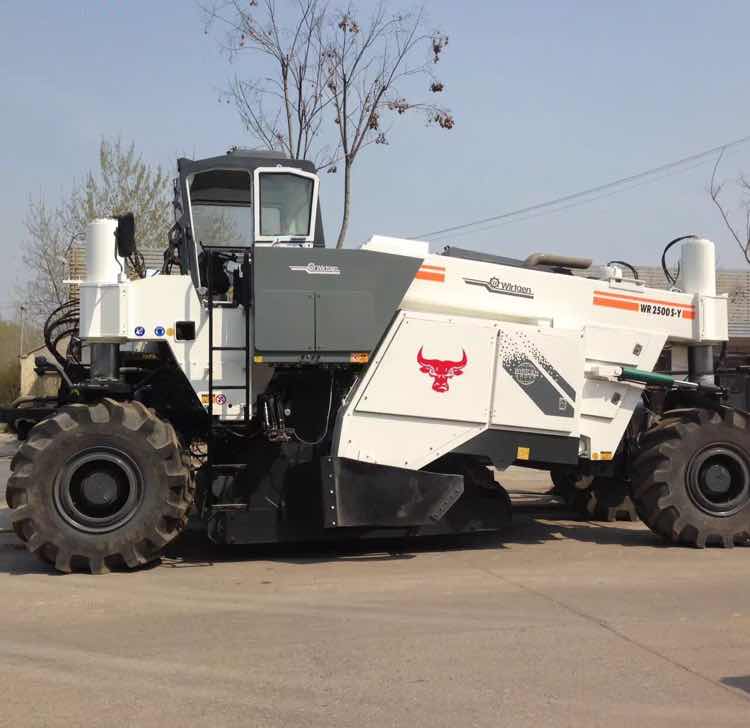
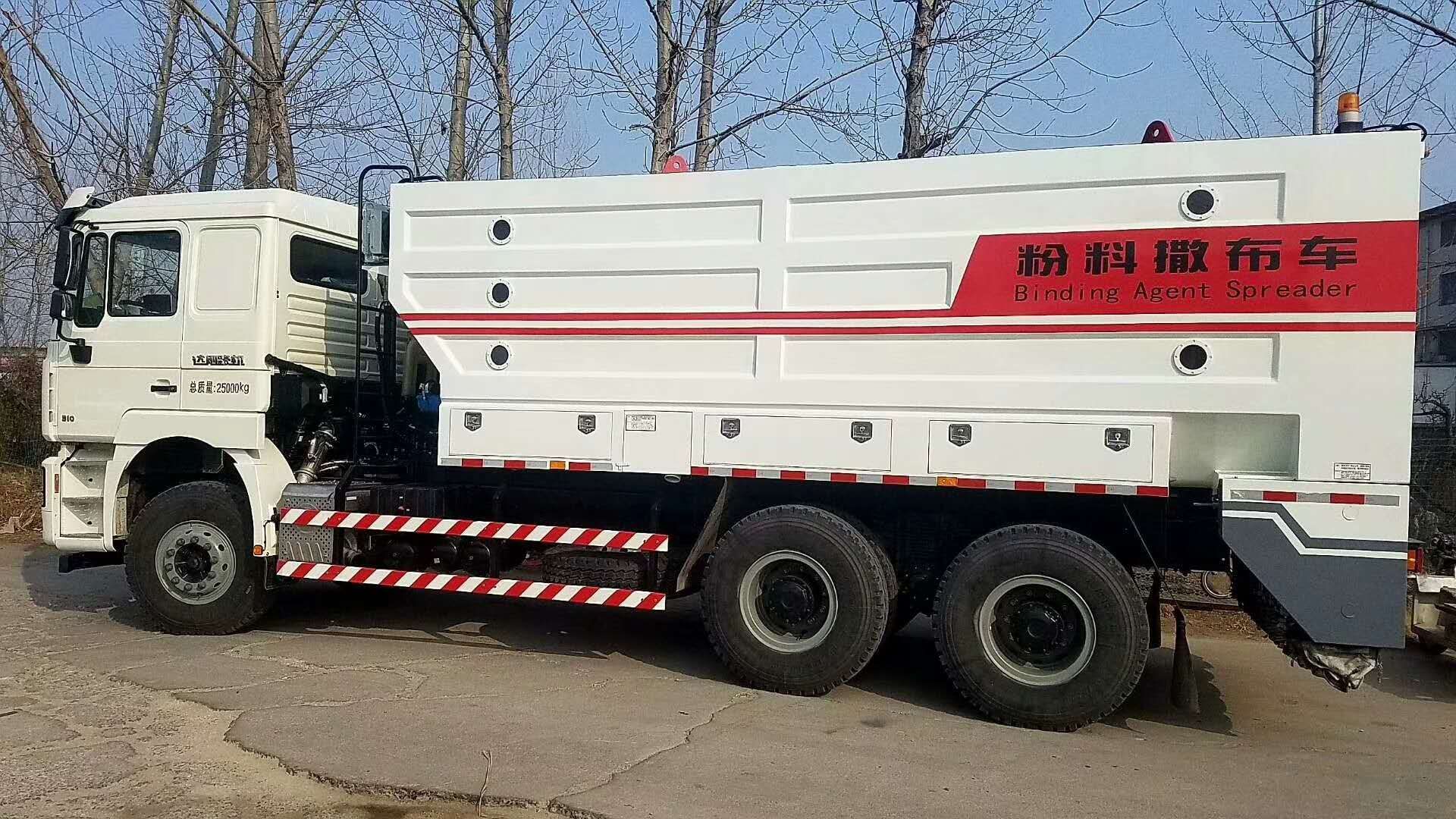
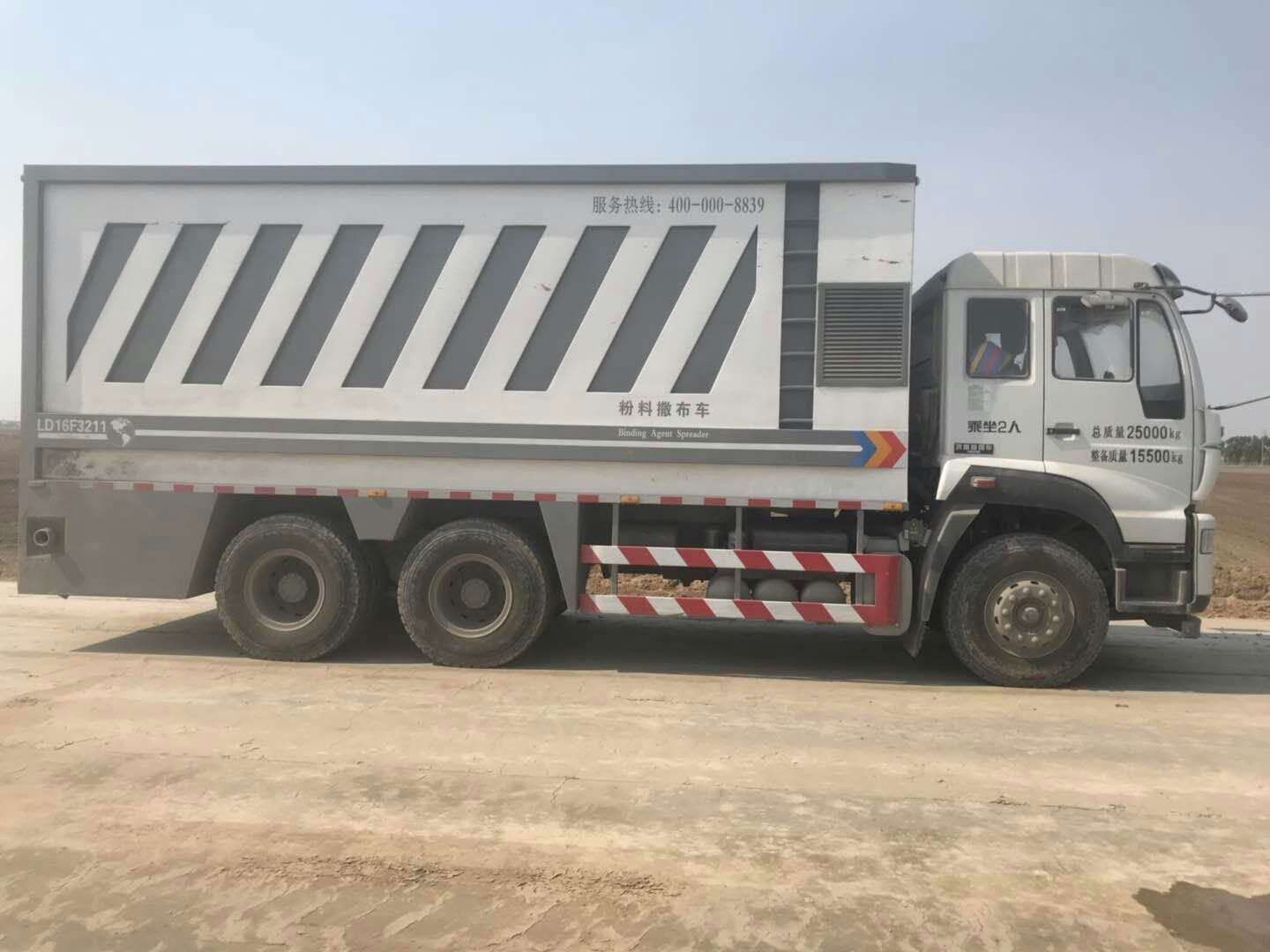
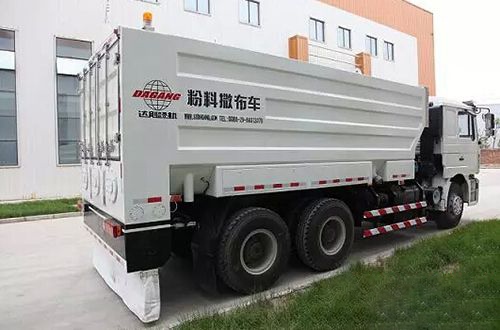
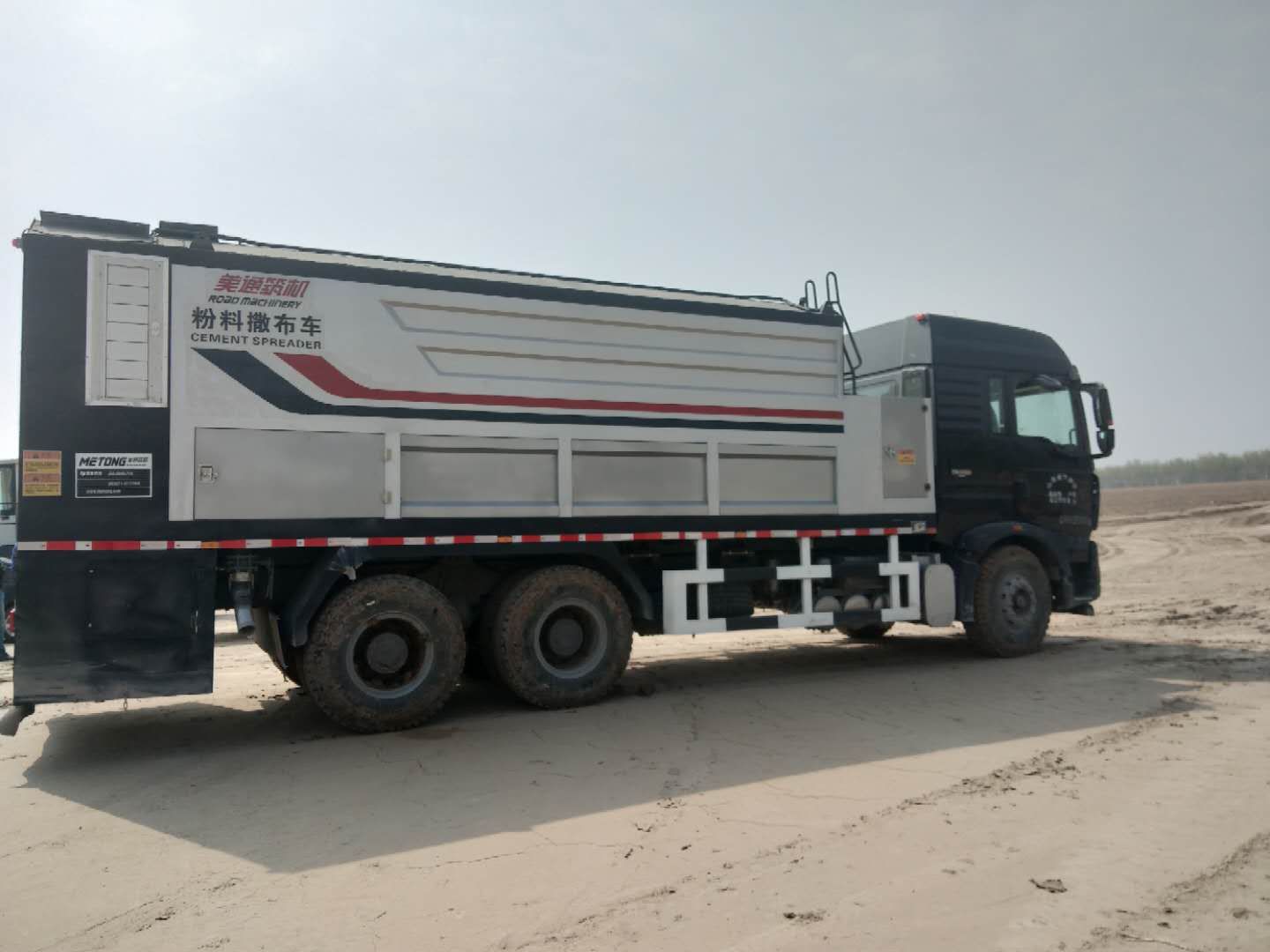
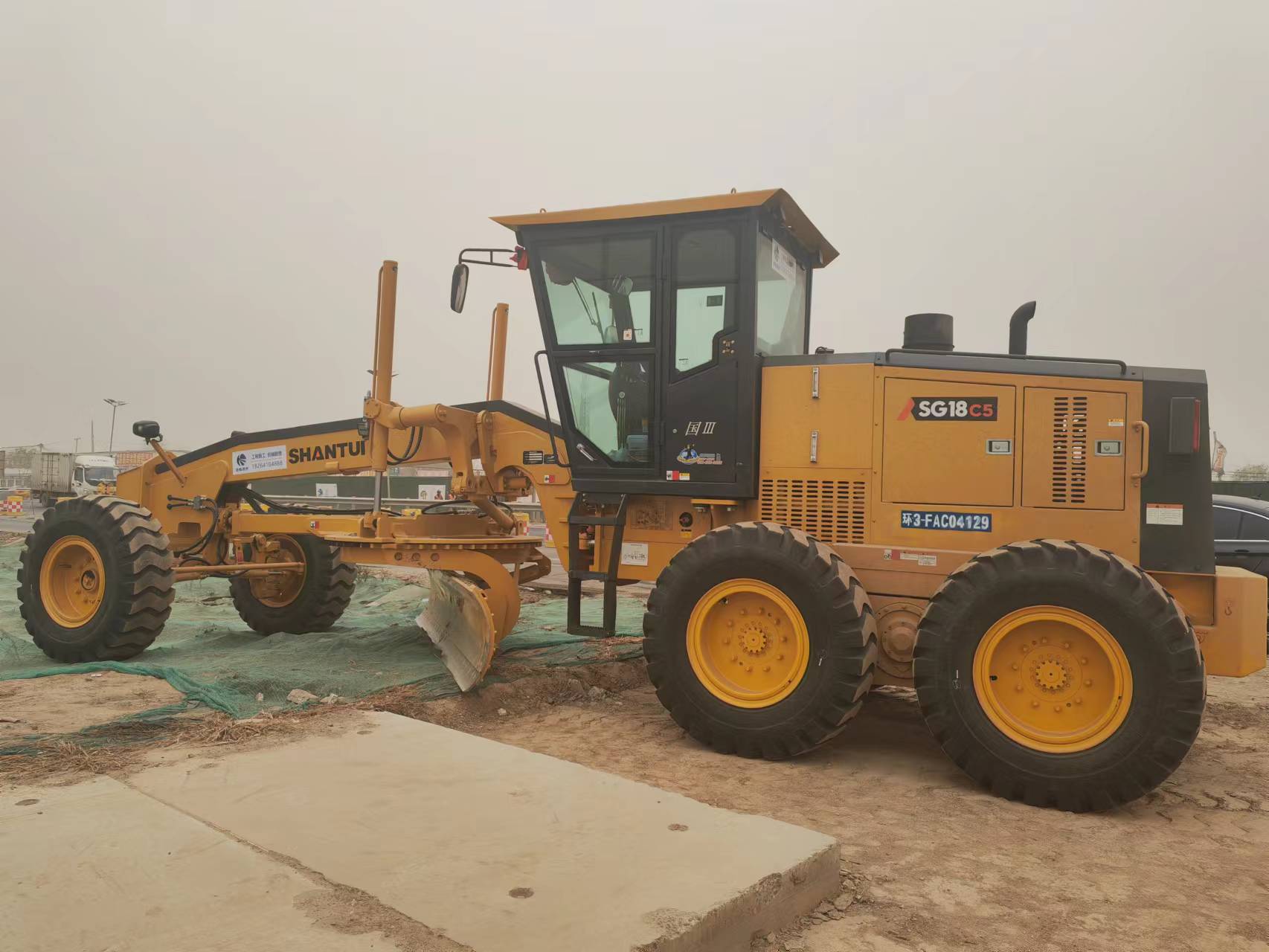




 公司地址:濟(jì)南市槐蔭區(qū)經(jīng)一路273號(hào)群盛華城2號(hào)樓1-404
公司地址:濟(jì)南市槐蔭區(qū)經(jīng)一路273號(hào)群盛華城2號(hào)樓1-404 公司名稱:山東途暢路橋工程有限公司
公司名稱:山東途暢路橋工程有限公司  備案號(hào):
備案號(hào):